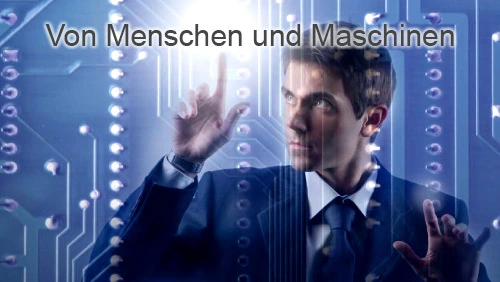Of men and machines
The relationship between man and machine is one of mixed feelings. To understand this you don’t need to have attempted the legendary example of programming a video recorder.
“Most of the operating instructions for technical equipment have been written from the manufacturer’s viewpoint,” explained Hartmut Wandke. “And of course he wants to show you first and foremost everything his product can do.” A much more sensible approach, Wandke continued, would be to emphasise the buyer’s objectives. How such targeted communication between man and machine could manifest itself is being investigated by the professor of human engineering at the Humboldt University of Berlin in Adlershof.
“One ideal object of study is the ticket vending machine,” explained Wandke. “Here the range of choices is not too simple, and yet not too complex. Also it is used by all sections of the population.” Instead of bombarding the elderly or tourists with options for fare zones, season tickets, and short trips, Wandke’s machine simply asks questions, for instance “Where do you want to go?. In this manner the machine gradually learns who would like to go where when – and can recommend a suitable ticket type. “We could show that elderly persons do not make more mistakes than young ones with this system,” explained Wandke. “With the conventional menu driven systems, on the other hand, people without general computer knowledge are at a disadvantage.”
Not the man in front of the machine, but the man in the machine is the focus of another project: here millions of “model persons” mill around in the computers of the German Aerospace Centre (DLR) in Adlershof. On an imaginary map of Berlin they take the bus and underground, ride their bicycles or go by car. “This synthetic population behaves as a good approximation of the real one,” explained Markus Mehlin, Head of the Passenger Transport Department at the DLR Institute of Transport Research. For two years he and his team evaluated population statistics and surveys on people’s day to day routines. With this knowledge they could fill every residential block in Berlin with virtual transport users that go to work in the morning and to the cinema in the evening. How is mobility affected by improvements in public transport or changes to the population structure? The DLR model helps to investigate these questions. “One key finding is that by 2030 greenhouse gas emissions will have dropped by almost a quarter compared with the 2005 levels – and that without any perceptible restrictions on people’s mobility,” reported Markus Mehlin.
Wolfgang Richter
